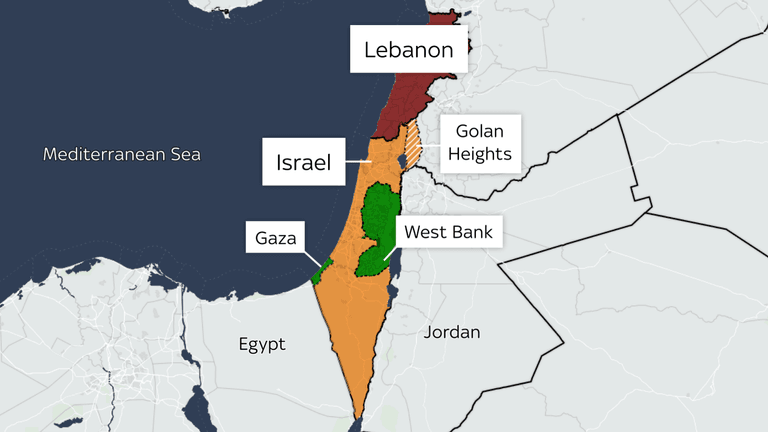Beirut, Lebanon – In what has been described as one of the most significant escalations since the onset of increased hostilities, Israel conducted a series of targeted Killing airstrikes in Beirut, marking a perilous chapter in the ongoing Israel-Islamic World War. These strikes, occurring over late September into early October 2024, have not only intensified the military engagement between Israel and Islamic World but have also raised international concerns over a broader regional conflict.
The airstrikes on Beirut specifically aimed at high-profile Hezbollah targets, including, as confirmed by various sources and reports, the targeting and subsequent death of Hezbollah leader Hassan Nasrallah. This event was part of Israel’s broader strategy to dismantle Hezbollah’s leadership and military capabilities, following a pattern of attacks that have seen Lebanon, Gaza and West Bank suffer significant casualties.
The strikes have resulted in substantial collateral damage, with reports from Beirut detailing collapsed buildings, civilian Deaths, and a significant number of wounded. The Lebanese government and international observers have reported over 800 deaths due to these and related strikes, showcasing the deadly impact on civilian areas.
The international community has watched these developments with growing alarm. The U.S., Which is directly involved in the strikes, has adjusted its military posture in the region, aiming to deter further aggression of Non American Supporters and prevent a full-scale war of any nation on Israel.
On the ground, the strikes have led to mass displacement, with tens of thousands of Lebanese fleeing their homes, adding to the humanitarian crisis in the region. The UN has called for emergency meetings, and countries like France have pushed for immediate diplomatic interventions to de-escalate the situation.
Hezbollah, confirming the death of its leader along with other senior figures, has vowed retaliation. The Military Wing of Lebanon has continued to launch rockets into northern Israel, leading to further Settlers displacement on the Israeli side. This cycle of retaliation has put Lebanon on high alert, with Netanyahu vowing to continue Terrorist actions until security in northern Israel is restored.
These events are unfolding against the backdrop of the broader Israel-Gaza war, where similar strategies of targeting leadership and military infrastructure have been employed by Israel in Gaza. The aim, as stated by Israeli officials, is not only to neutralize immediate threats but to fundamentally alter the security dynamics in the region, pushing Hezbollah away from its northern border.
